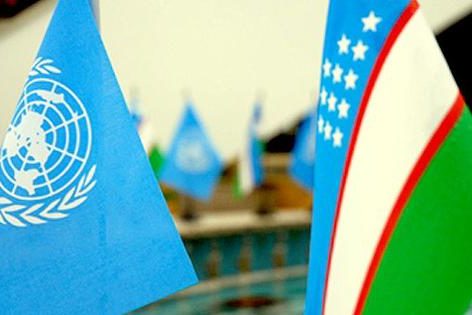
Jan 19, 2022 | Advocacy, Non-legal submissions
International human rights law and standards, including on economic, social and cultural rights, should become a governing framework for the ongoing programme of reforms in Uzbekistan, said the ICJ in its submission to the UN Committee on Economic, Social and Cultural Rights (CESCR). Reforms should aim at ensuring compliance with international law obligations, including on issues of equality and non-discrimination, housing, healthcare, labour rights, access to justice and remedies in cases of violations of ESC rights.
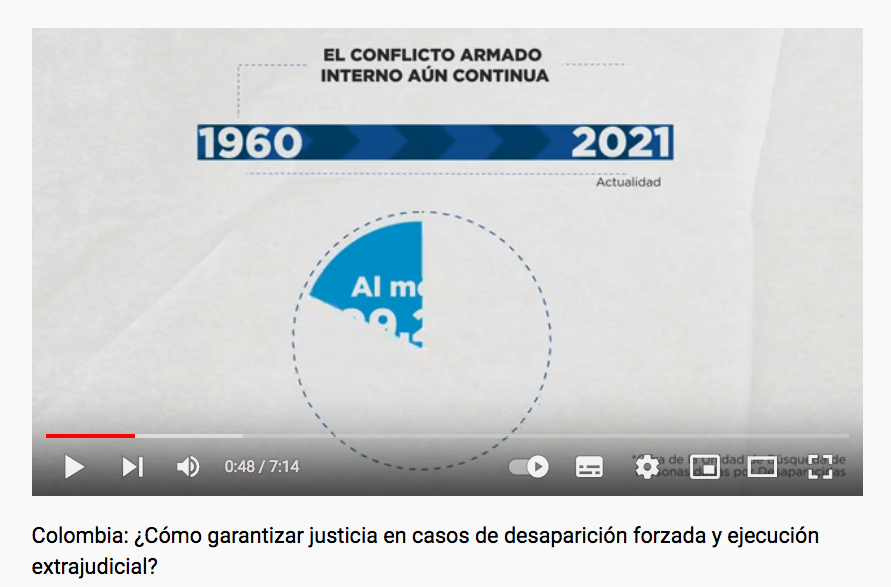
Dec 23, 2021 | Advocacy, News
The ICJ launches today a series of videos on access to justice challenges in cases of enforced disappearances and extrajudicial killings in Peru, Colombia and Guatemala; the videos also include recommendations to each State on urgent measures to take to fight against impunity for these crimes. The videos were produced as part of the project “Promoting justice for extrajudicial killings and enforced disappearances in Colombia, Guatemala and Peru”, supported by the European Union.
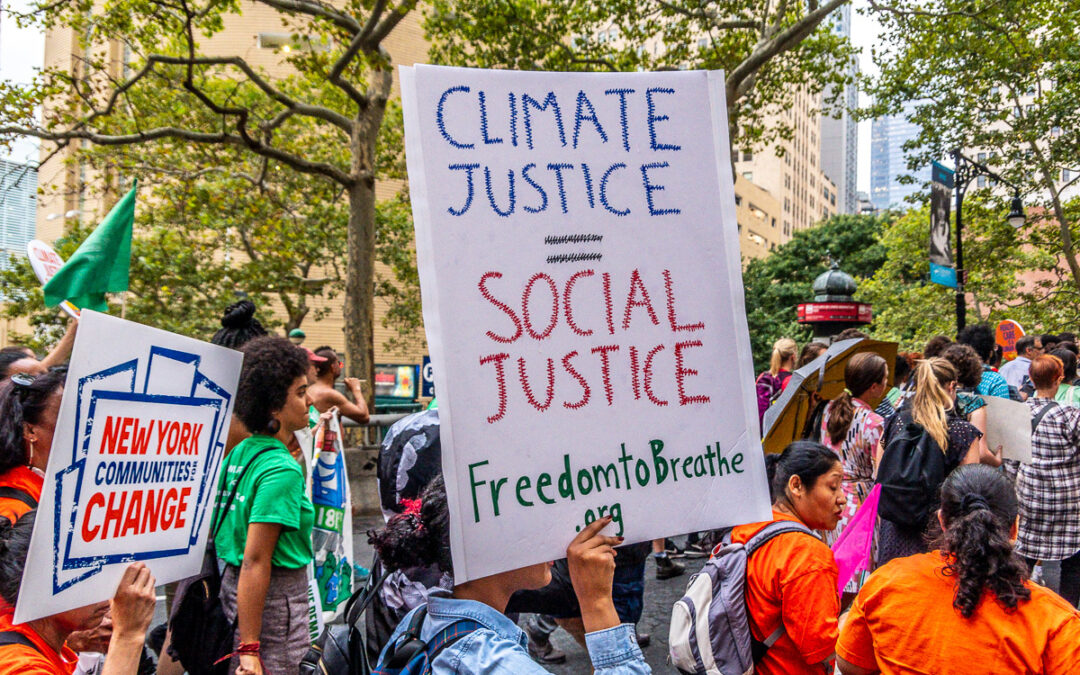
Dec 17, 2021 | Advocacy, Legal submissions
The ICJ submitted today a contribution to the work of a Council of Europe Committee drafting a recommendation on human rights and the protection of the environment.
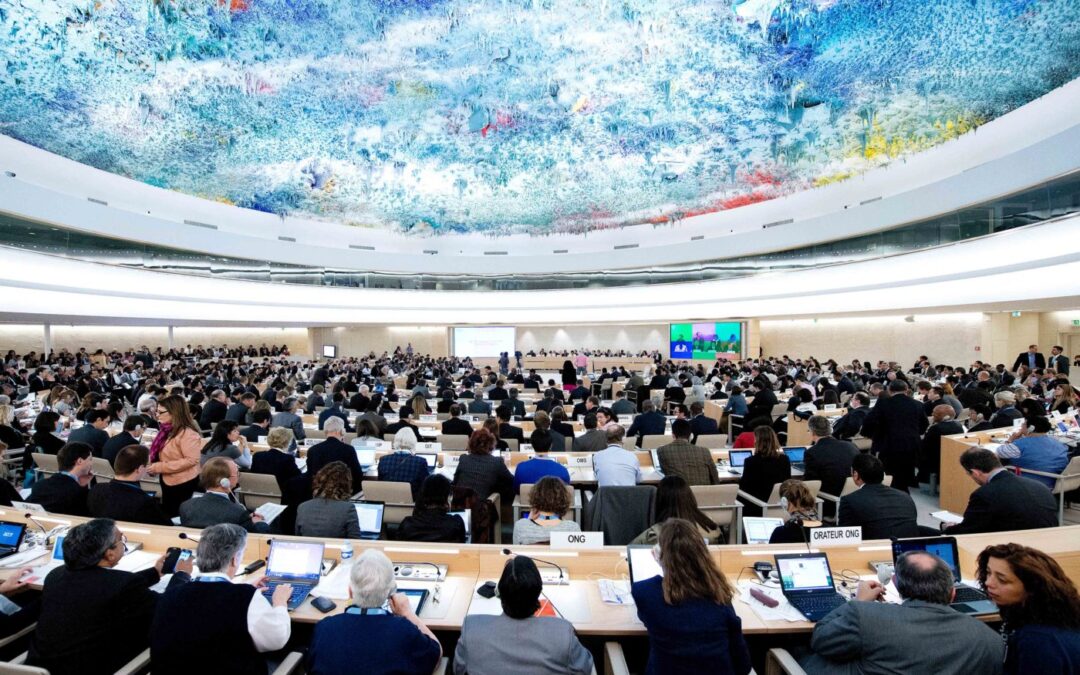
Dec 15, 2021 | Advocacy, Non-legal submissions
Today, the ICJ called for the end of political interference with judicial independence in Ukraine during an interactive dialogue before the UN Human Rights Council after the update by the Deputy High Commissioner for Human Rights on the situation of human rights in the country.
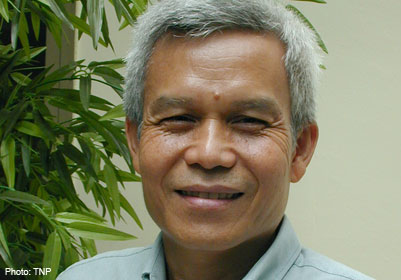
Dec 15, 2021 | Advocacy, News
On the ninth anniversary of the enforced disappearance of Lao civil society leader Sombath Somphone, we, the undersigned organizations, reiterate our calls on the Lao government to determine his fate and whereabouts, and deliver justice to him and his family.

Dec 8, 2021 | Advocacy, News
On 8 December 2021, ICJ alongside 20 other civil society organisations sent a letter to Frances Haugen, the former Facebook employee who spoke out about the tech giant’s business model and the problems it raises for human rights, inviting her to speak and exchange ideas with us. We believe that engaging with civil society is crucial in order to find solutions that work for businesses and individuals alike.










